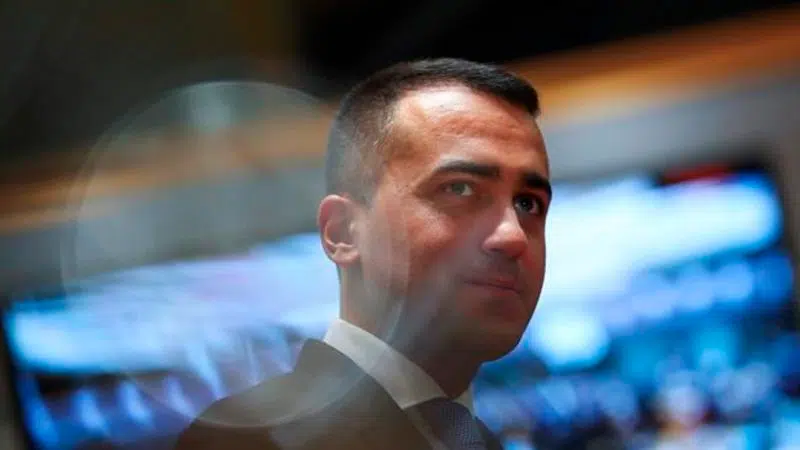
UN reports increasing violations of Iran nuclear deal
VIENNA — Uranium particles of man-made origin have been discovered at a site in Iran not declared to the United Nations, the U.N. atomic watchdog agency said Monday as it confirmed a litany of violations by Tehran of the 2015 nuclear deal.
The International Atomic Energy Agency said Iran has begun enriching uranium at a heavily fortified installation inside a mountain, is increasing its stockpile of processed uranium, and is exceeding the allowable enrichment levels.
All such steps are prohibited under the agreement Iran reached with world powers to prevent it from building a bomb.
Iran maintains its nuclear program is for peaceful purposes.
